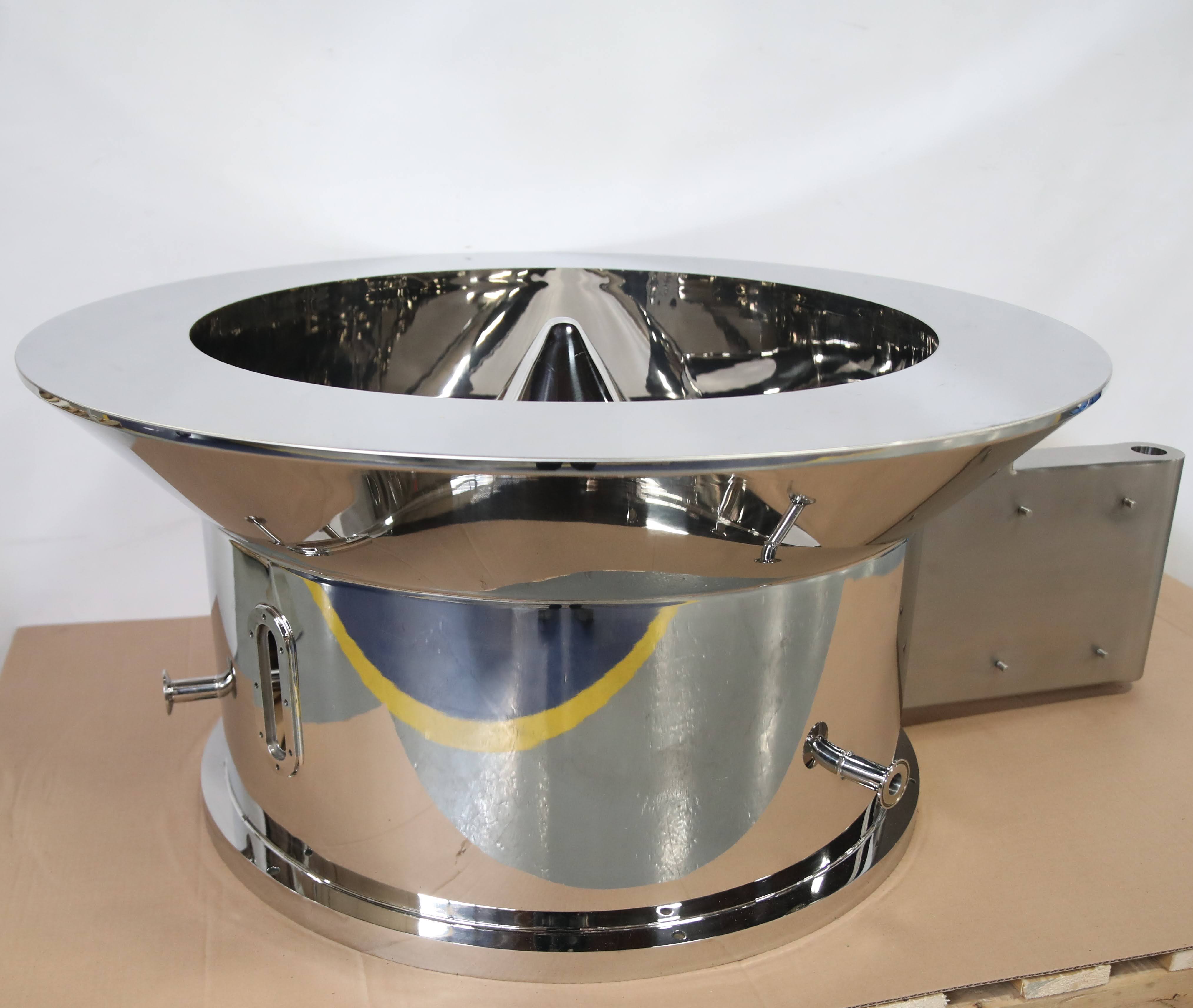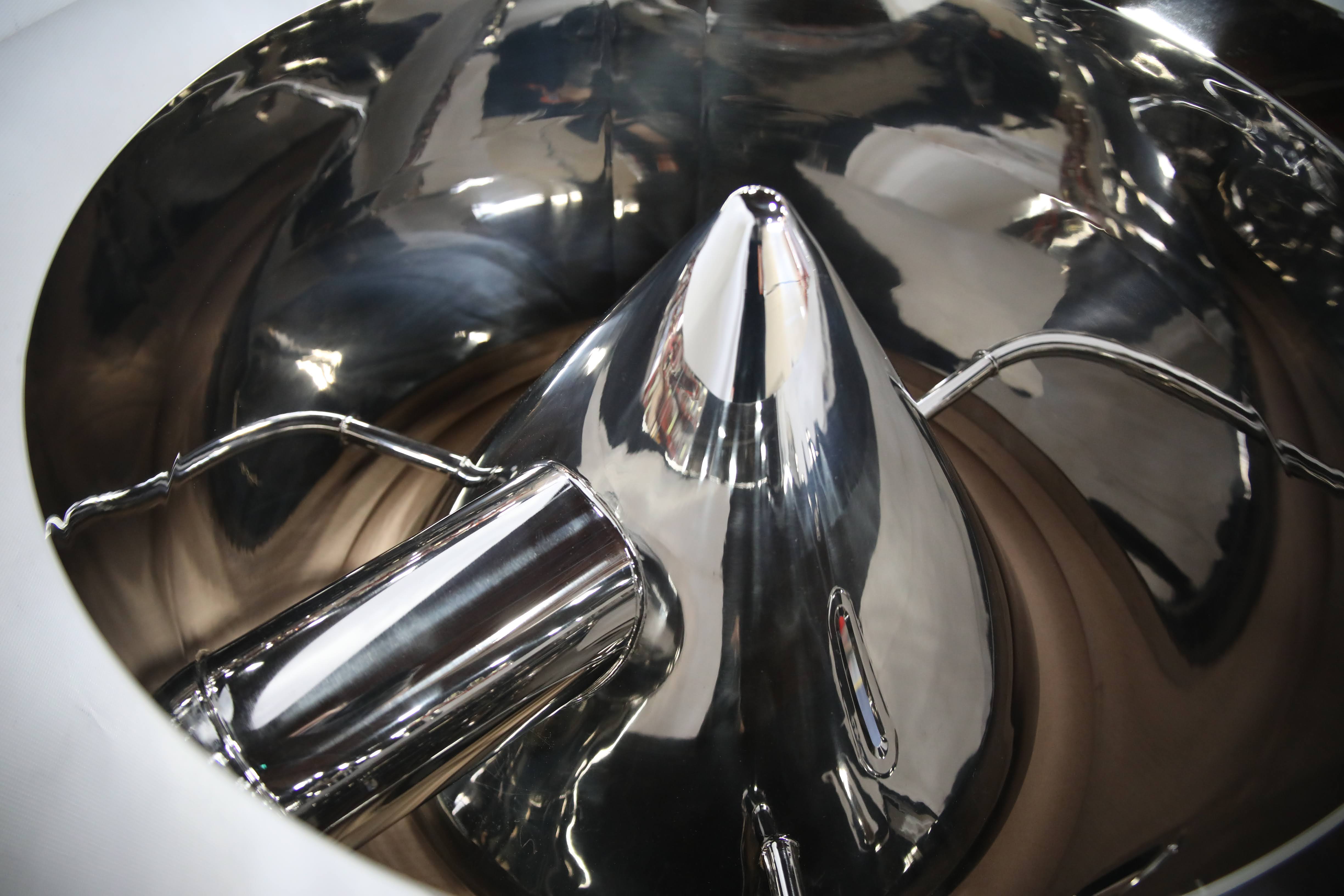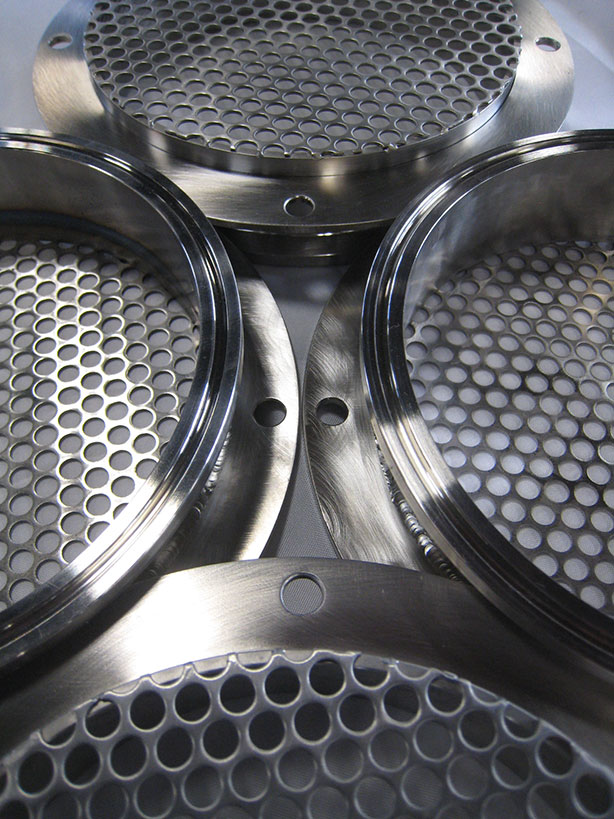
Pharmaceutical Processing
PURE PERFORMANCE
Stainless fabrication that meets cGMP, FDA, and ASME standards.
ACE Metal Crafts Company supports pharmaceutical OEMs and system integrators with stainless fabrication engineered for purity, validation, and traceability. Our work complies with cGMP, FDA, and ASME BPE standards—delivering electropolished components and hygienic assemblies that perform in ultra-clean environments.
From process skids and tanks to filtration housings and piping systems, ACE controls every variable—material certification, weld procedure qualification, documentation, and inspection—to ensure repeatable quality. Our advanced finishing options, including electropolishing and passivation, achieve surface roughness (Ra) below 15 µ-in. for optimal cleanability and corrosion resistance.

We deliver performance. If it’s not right, our customers can’t run. That’s why we check, double-check, and make sure it’s right before it ever goes out the door.
Jeff Szczupaj, Vice President - Sales
We deliver performance. If it’s not right, our customers can’t run. That’s why we check, double-check, and make sure it’s right before it ever goes out the door.
Jeff Szczupaj, Vice President - Sales
Certifications and Expertise
-
cGMP / FDA / ASME BPE compliance
-
TIG, orbital, and seam welding with full traceability
-
Electropolished and passivated finishes to Ra ≤ 15 µ-in.
-
QA documentation & validation support packages
-
Skid fabrication & pressure-vessel capability




.png)